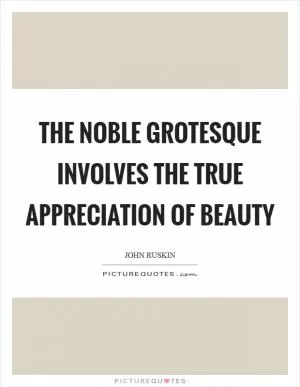Better the rudest work that tells a story or records a fact, than the richest without meaning

Better the rudest work that tells a story or records a fact, than the richest without meaning
John Ruskin, a prominent English art critic and social thinker of the 19th century, believed in the power of art to convey meaning and tell stories. He famously said, "Better the rudest work that tells a story or records a fact, than the richest without meaning." This quote encapsulates Ruskin's belief that art should serve a purpose beyond mere aesthetic beauty.Ruskin was a staunch advocate for the idea that art should be a reflection of society and should convey important messages about the human experience. He believed that art had the power to educate, inspire, and provoke thought. In his view, art that lacked meaning or substance was essentially worthless, no matter how technically skilled or visually appealing it may be.
Ruskin's emphasis on the importance of storytelling and factual representation in art can be seen in his own work as an art critic and writer. He often used his platform to critique the art of his time, arguing that many artists were more concerned with superficial beauty and commercial success than with conveying deeper truths or engaging with social issues.
One of Ruskin's most famous works, "The Stones of Venice," is a prime example of his belief in the power of art to tell stories and record facts. In this book, Ruskin explores the history and architecture of Venice, using his observations to draw larger conclusions about the nature of art, society, and human creativity. Through his detailed descriptions and passionate prose, Ruskin brings the city of Venice to life, painting a vivid picture of its beauty, history, and cultural significance.
Overall, Ruskin's quote serves as a reminder of the importance of substance and meaning in art. While technical skill and visual appeal are certainly important, they are ultimately secondary to the ability of art to convey stories, record facts, and provoke thought. In a world where art is often commodified and reduced to mere decoration, Ruskin's words are a powerful call to artists and audiences alike to seek out and create art that has depth, purpose, and meaning.












 Friendship Quotes
Friendship Quotes Love Quotes
Love Quotes Life Quotes
Life Quotes Funny Quotes
Funny Quotes Motivational Quotes
Motivational Quotes Inspirational Quotes
Inspirational Quotes